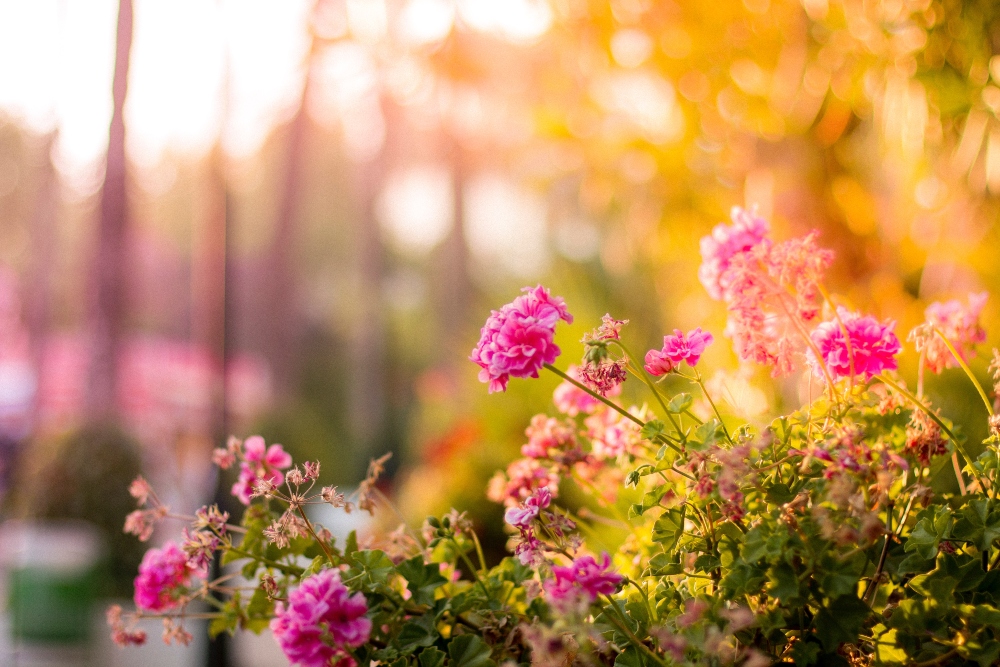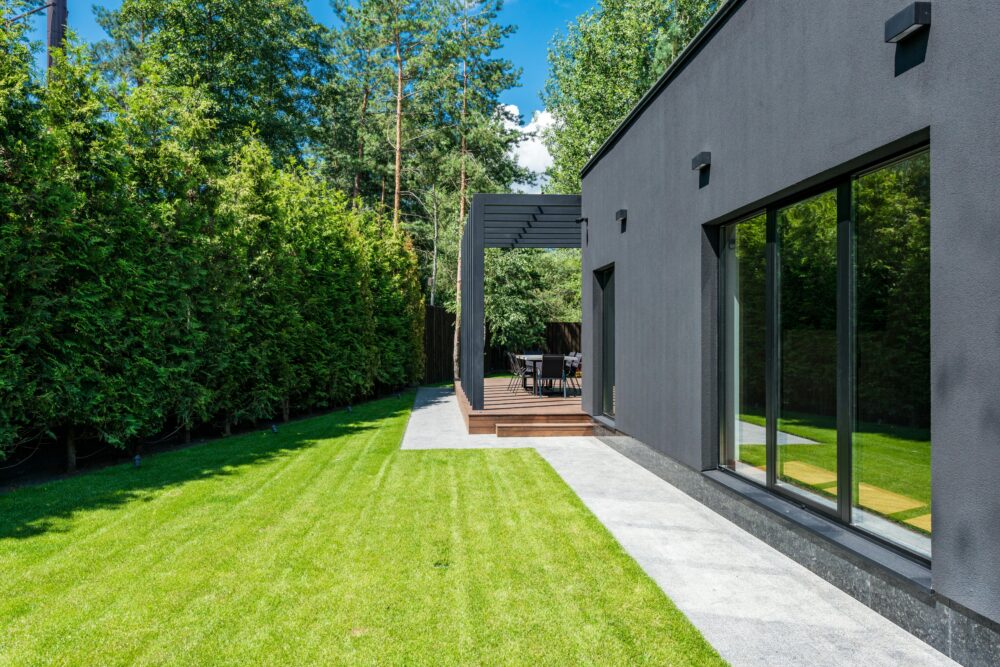
The image source is Pexels.
Nowadays, people are becoming much more aware of the environmental impact they have on a day-to-day basis. Environmental consciousness is at an all-time high and for those who like to tend their family’s garden, there are lots of questions they might have about how to maximize their contributions to environmental health. If you and your family have an interest in making your garden as eco-friendly as possible, here are some tips you can follow to reach your goal.
Try Interplanting
While it might seem like a good idea to give plants their own individual plots to max-out nutrient distribution, the reality is that not all plants need the same molecular components from soil. Given enough water, there are numerous kinds of plants that can be placed within extremely close proximity with each other without impacting overall growth and in some cases, even improving plant health. Interplanting not only increases ecological diversity in your garden, but also provides tremendous potential for lush landscaping opportunities.
Keep Bees Happy
Perhaps the most important creature in the animal kingdom is the almighty bee. Bees are principally responsible for pollination, which plays a critical role in the reproduction of plants. Natural landscapes and gardens benefit tremendously from the presence of bees as they ensure a steady stream of plant offspring make it to maturity. This makes sure biodiversity is preserved and both plants and animals prosper as a result. If you want your garden to be as pristine as possible and for it to help sustain the local ecosystem, then it would be a good idea to opt for bee-friendly plants. Typically, these include plants with many different outlets for bees to feed on nectar and subsequently spread pollen. Vegetation with lots of flowers is usually best for bees, making plants such as lavender a good choice.
Create a Compost Pile
While you can always get soil from any local garden supply store, if you really want to maximize your ecological impact, then decide to create a compost pile. Compost piles are heaps of biodegradable material, such as banana peels or egg shells, which slowly degrade over time into very nutrient-dense conglomerations that can be used to drastically improve plant health. Composting isn’t just eco-friendly because it allows you to repurpose things that would have ended up in a landfill otherwise, but it also reduces the impact store-bought fertilizers have on the environment, many of which are produced using harsh industrial processes.
Try Using a Smart Garden
If you’re looking to absolutely maximize time and efficiency, then a smart garden might be the tool for you. Smart gardens are sustainable and eco-friendly devices you can set up pretty much anywhere that grow plants using very efficient methods. They come with precise automatic watering technology, a built-in lighting system, and acidity control measures that make sure the soil is the best possible pH level for plant growth. Many such devices can be found online, so make sure to be an Ecohuman with a click and Grow a Smart Garden in your home. You and your family will enjoy the experience of taking care of a living thing together.
Attracting Birds
Pesticides are often so tempting to use to protect your garden from the litany of pests that attempt to eat your flowers and vegetables, but they’re filled with such terrible, destructive chemicals. So, in lieu of that, go with a more natural solution: birds! Bird’s are an almost unmatched pest-control force. They’ve got big appetites and all those caterpillars and grasshoppers eating your garden away are an excellent food source. To attract birds to your garden, there are a couple of possible routes, such as setting up a bird feeder. However, one of the best ways to maximize pest control is to grow certain plants that can be used for nesting purposes. This can include things such as oak trees, but also smaller plants like bottlebrushes and sassafras.
Creating Your Eco-Friendly Garden
Family gardens are a great way to bond and spend a little extra free time, but they’re also a great opportunity to improve ecological diversity and environmental health. While it may take a little bit of extra effort, it’s always a good idea to be as eco-friendly as possible and fortunately, there are a myriad of ways you can make the world a brighter and more sustainable place


